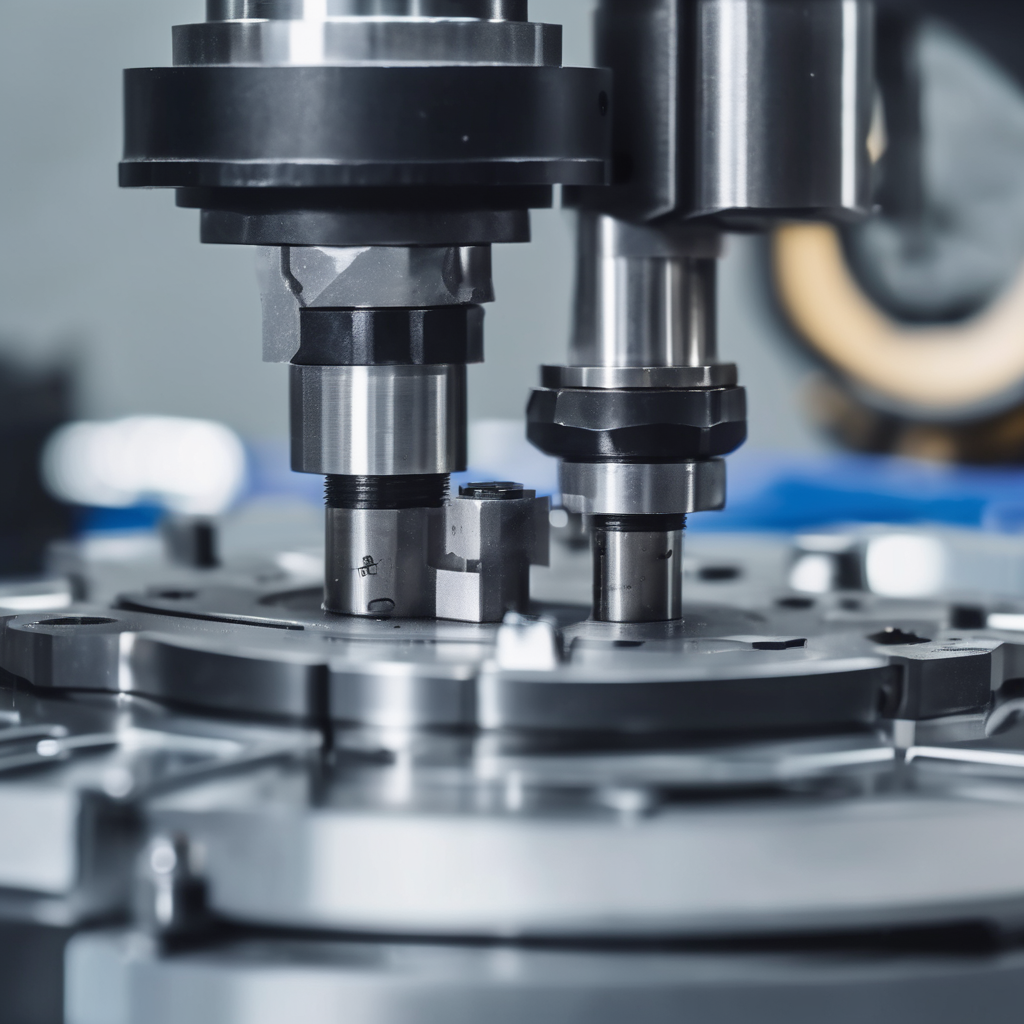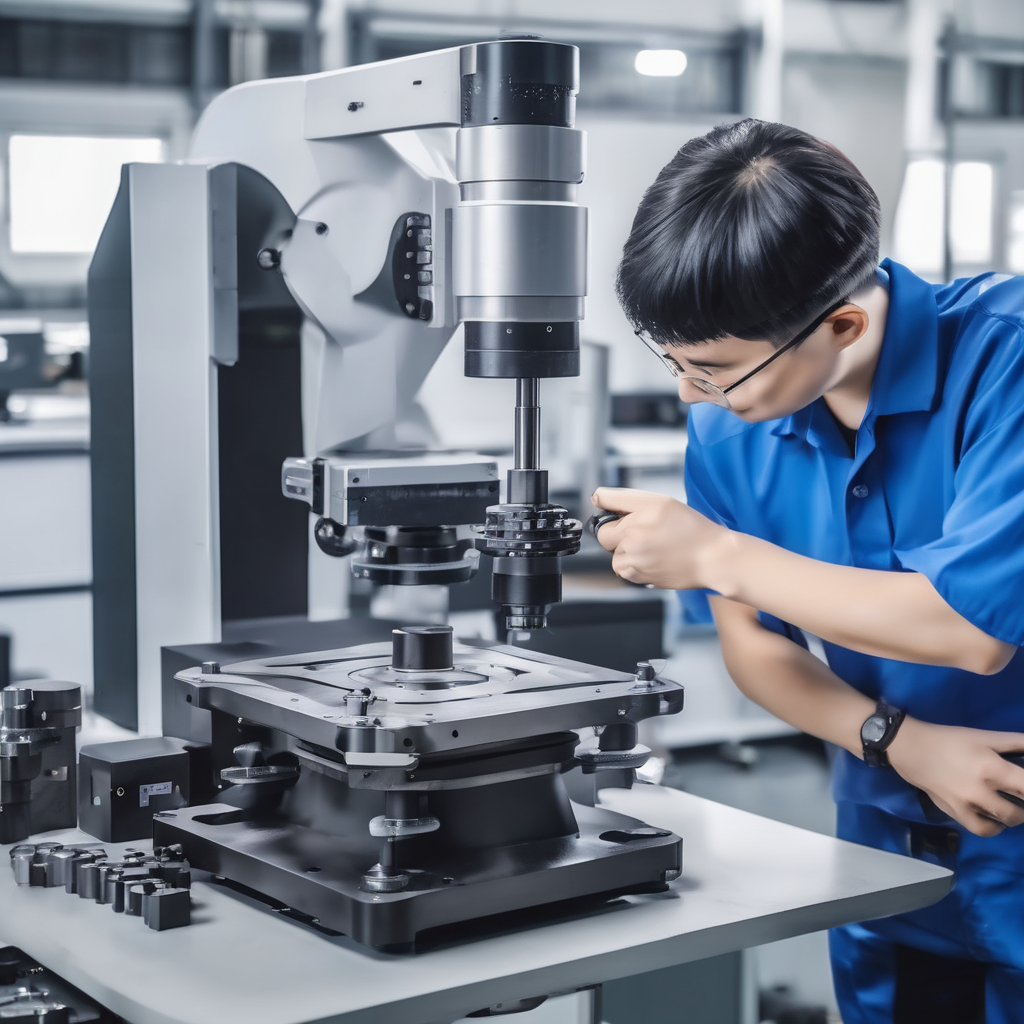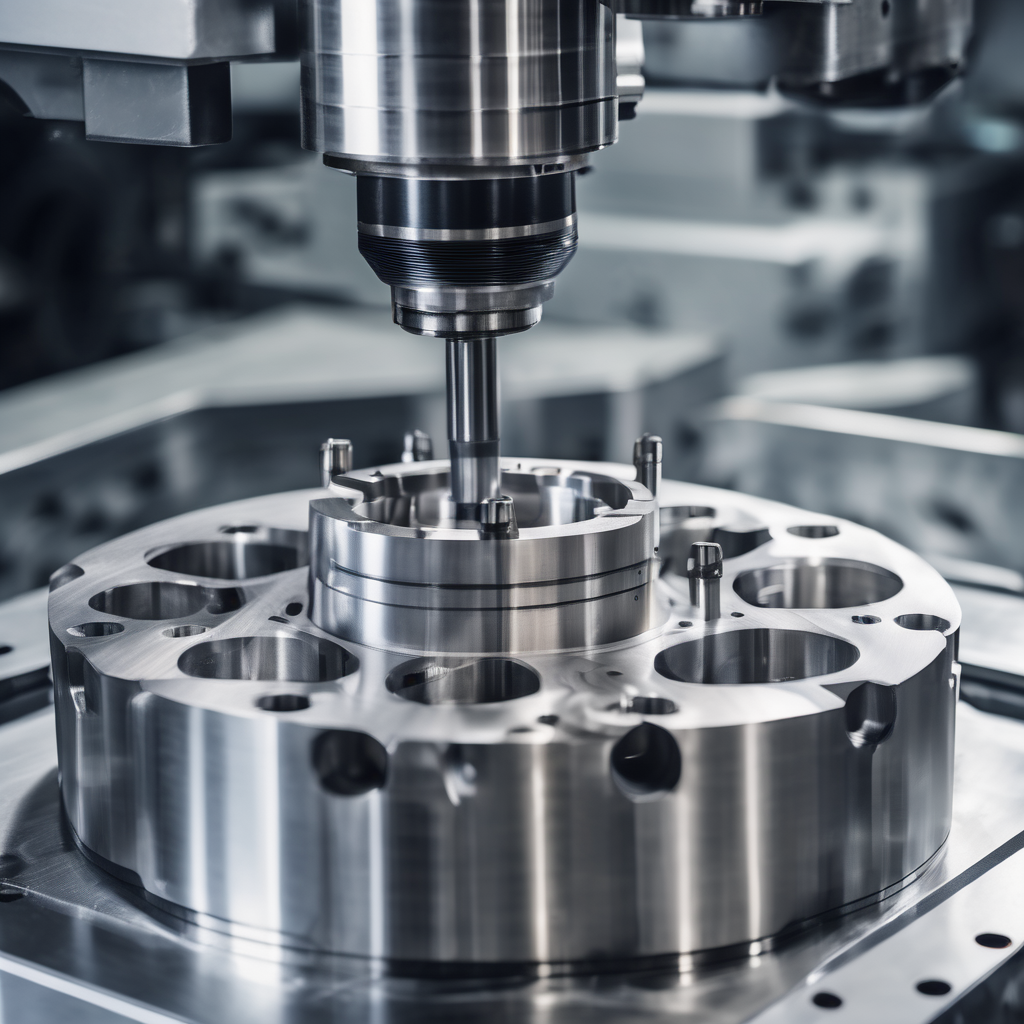Process Improvement
February 10, 2024
6 min read
Implementing Lean Manufacturing in Precision Shops
RH
Ria Harman
Manufacturing Consultant
Lean manufacturing principles can significantly improve efficiency and quality in precision manufacturing operations. Understanding and implementing these concepts leads to reduced waste, shorter lead times, and improved profitability. As manufacturing consultant Ria Harman advises, "Lean isn't just about eliminating waste - it's about creating a culture of continuous improvement where every team member contributes to operational excellence."
The Five Principles of Lean
Lean manufacturing is built on five fundamental principles:
- Value: Define value from the customer's perspective
- Value Stream: Map all activities in the production process
- Flow: Ensure smooth flow of materials and information
- Pull: Produce only what is needed when needed
- Perfection: Continuously improve toward perfection
Identifying and Eliminating Waste
Lean identifies eight types of waste (DOWNTIME):
- Defects: Products that don't meet specifications
- Overproduction: Making more than needed
- Waiting: Idle time between operations
- Non-utilized talent: Underutilizing employee skills
- Transportation: Unnecessary movement of materials
- Inventory: Excess raw materials or finished goods
- Motion: Unnecessary movement of people
- Extra processing: Work that adds no value
Lean Tools and Techniques
Several tools support lean implementation:
- 5S: Workplace organization and standardization
- Kaizen: Continuous improvement events
- Poka-yoke: Error-proofing techniques
- SMED: Single-minute exchange of dies
- Kanban: Visual workflow management
Implementation Strategy
Successful lean implementation requires a systematic approach:
- Leadership commitment and training
- Employee engagement and empowerment
- Pilot projects to demonstrate value
- Continuous measurement and improvement



